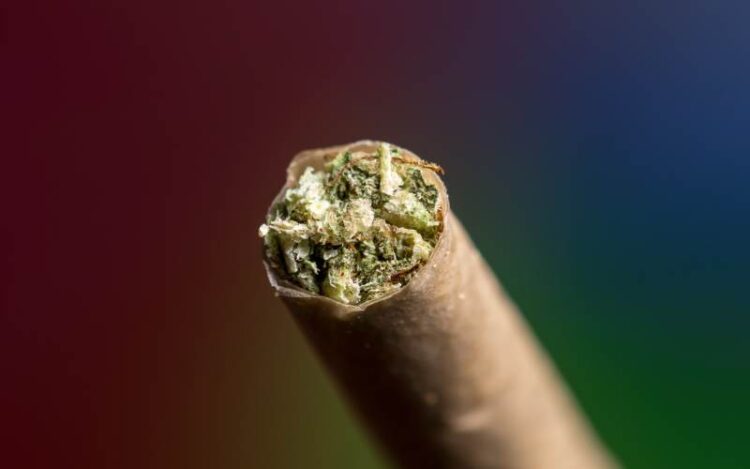Contentions around the regulation of Delta-8 THC have become a major stumbling block for broader cannabis industry reforms in Illinois, although it’s not the sole state facing this issue. This particular cannabinoid, derived from hemp, provides a route to THC even in states where cannabis is not yet legalized. However, arguments about Delta-8 are proving to be an obstacle to achieving comprehensive legalization for adult use and creating further challenges for legislation.
In the most recent development in Illinois, a proposed reform bill for the cannabis industry couldn’t meet the May legislative deadline. The lack of consensus among the stakeholders in the closing days of the spring session was a major factor. If approved, the bill would have expanded the cultivation space for small-scale growers, authorized drive-through services and curbside pickup at dispensaries, and granted social equity retail license holders an additional year to finalize real estate agreements. But then, a proposal to regulate Delta-8 THC was appended, leading to a deadlock over whether to prohibit or regulate Delta-8 like cannabis, effectively halting other wider reform initiatives.
Consequently, the entire bill has been postponed until the fall session, according to Illinois Democratic Rep. LaShawn Ford, who is sponsoring the bill. Ford voiced his opposition to adding a ban on Delta-8 THC to the bill until further insights are obtained from state regulators and industry contributors. “We should regulate it, ensure it’s safe, tax it, and treat it just like cannabis,” stated Ford.
Delta-8 THC is derived from the naturally found cannabinoid in hemp and has psychoactive effects similar to its better-known relative, Delta-9. Both are THC isomers, but each has a double bond on different carbon chains, thus the names Delta-8 THC and Delta-9 THC. While individual reactions vary, it’s generally agreed that Delta-8 results in a milder, more bodily high compared to the mental effects of Delta-9.
Even though cannabis remains federally illegal, the Agriculture Improvement Act of 2018, also known as the $867 billion Farm Bill, has fully legalized national hemp production. Growers are permitted to cultivate the plant if its chemical composition contains less than 0.3% THC. In a twist of irony, this led to hemp manufacturers producing and selling psychoactive Delta-8 products. Beyond providing people in states where cannabis is not legal with a psychoactive option, Delta-8 also challenges the federal government’s legislative incongruity. The attempt to control and outlaw a plant based on chemical thresholds is illogical and proves ineffective—nature always finds a way.
While it’s beneficial that Delta-8 provides access to a form of psychoactive cannabis, many individuals might prefer to switch to Delta-9. Extracting Delta-8 demands considerably more effort (and can potentially be more harmful to the environment) than Delta-9. Delta-8 production is also more costly. Beyond manufacturing concerns, Delta-9 is simply stronger. Both medical patients and recreational users often favor the more intense and spiritual effects of Delta-9. It’s regrettable that the Farm Bill, initially heralded as a step towards the eventual legalization of cannabis, is now impeding adult use and access to Delta-9.
The approach to regulating Delta-8 varies across the U.S. At least 14 states have entirely banned Delta-8 THC products, and this number is likely to increase in the next year. For instance, Colorado lawmakers introduced bipartisan legislation in 2023 to regulate any intoxicating hemp-derived cannabinoids, such as Delta-8. Conversely, Minnesota, which recently legalized adult-use cannabis as the 23rd state, is issuing producer licenses for cannabis and hemp-derived products. In an ideal world, everyone would have affordable, easy, and fair access to both hemp and cannabis products without fear of federal repercussions. Until then, we will continue to follow the evolving landscape of cannabis legalization in the U.S.
CHECK THIS: Difference in Delta-9 and Delta-8 THC: Clarifying the Confusion









